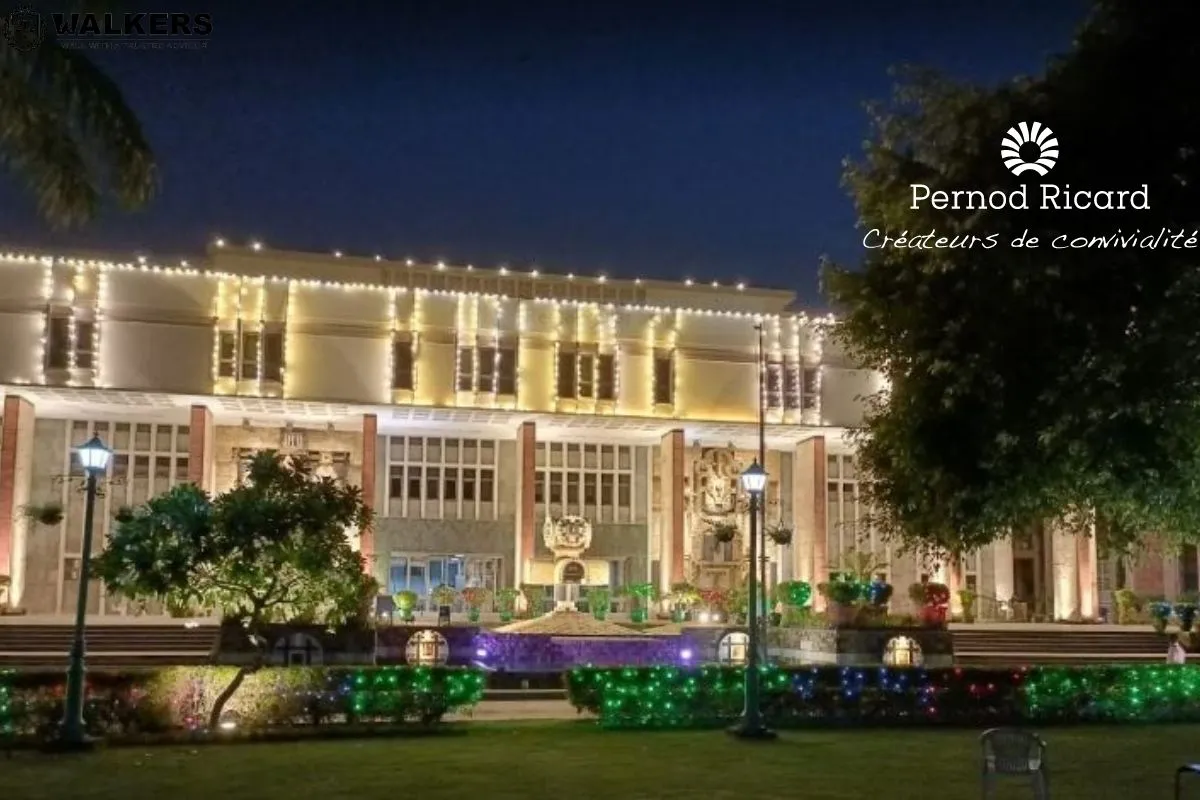


The Delhi High Court has issued a notice to the Delhi government and its excise department after Pernod Ricard India (PRI) challenged the government's decision to deny the company an L1 license for the supply of liquor in the national capital. The court has given the government one week to file its response, and the case will be heard on May 10.
Pernod Ricard India, the Indian arm of the French spirits and wine company Pernod Ricard, had earlier filed an application for the grant of a license, which the court had directed the government to consider within two weeks. However, the government has now rejected the application, citing Section 13(1)(c), 13(1)(4), and 44 of The Delhi Excise Act, which prohibit licenses to companies that employ individuals with a criminal background.
It is worth noting that the Enforcement Directorate (ED) had previously arrested one of Pernod Ricard's executives, Benoy Babu, in connection with an alleged Delhi excise policy scam.
During the hearing, Mukul Rohatgi, a senior advocate representing Pernod Ricard India (PRI), argued that the company's accounts have not been provisionally attached, despite the arrest of one regional manager by the Enforcement Directorate (ED). He further mentioned that the company has over 5,000 employees across the country.
PRI had applied for the L1 license in August 2022 for two of its manufacturing units. However, the excise department failed to decide on the applications. In September 2022, the department issued a letter approving the grant of license to the company, but no further action was taken.
The plea filed by PRI stated that the excise department had directed the company to submit police verification certificates (PVC) under Section 13(c) of the Excise Act, 2009, within three days. However, such a condition is typically imposed after the grant of the L1 license, according to the plea.
According to the plea filed by Pernod Ricard India (PRI), the company had fulfilled all the conditions set by the excise department, including submitting the police verification certificates as directed by them. However, the application for the L1 license remained pending.
The petition further stated that the government's decision to deny the license to the company was "patently illegal" and went against the principles of criminal law, which presumes a person innocent until proven guilty. The plea argued that the decision had been taken without proper application of mind and was based on a pre-conceived mindset.
The plea contended that the order "reeks" of non-application of mind by the excise department and should be quashed by the court.
TAGS: Pernod Ricard India Delhi High Court L1 license excise department Enforcement Directorate petition.